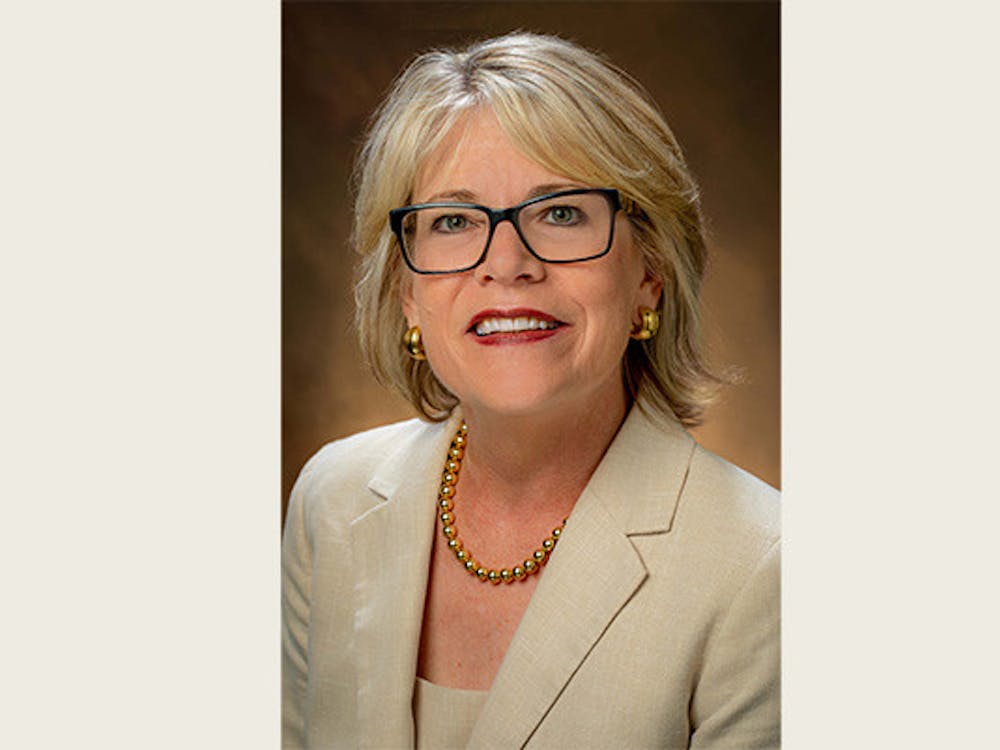The office of the provost is implementing a system to identify students at risk of dropping out and offering a targeted advising approach to assist these students.
Previously, students were identified by each department, so the new system helps to create a more centralized and structured approach, said Craig Bennett, senior director of the Student Success Center.
Miami University created a coordinated action team (CAT) to examine retention (the amount of students who return after their first year) and persistence (how many students carry over year after year from sophomore year onward). Although Miami's retention rate of 92 percent was not seen as worrisome, the team still wanted to do better, said Associate Provost Jeffrey Wanko.
"I want all students to be successful," Wanko said. "I don't want students to muddle through a system and say, 'I don't know who to talk to about this.'"
The team decided to implement a system called Civitas, which uses data analytics to examine a number of factors to identify at-risk students. Miami already used Civitas in other capacities, such as determining student success in certain courses; however, it was not previously used in this way.
One factor the system considers is students' use of Canvas. If students are not checking their grades, doing their online assignments and engaging with class discussion boards, they are less likely to persist from year to year, Wanko said.
Another factor is performance in certain courses in each major that are identified to be critical. Students who do not do well in these courses are less likely to succeed in their college career, Wanko said.
Civitas takes these into consideration, in addition to numerous other factors, to determine which students are most in need of support.
The Student Success Center will implement a new position called success navigators for fall 2019. Each incoming first-year will be assigned one of these navigators, so they have an advisor to answer questions unrelated to their major. The goal was to have one person students can go to, as often times students don't know where to find answers to their questions, Bennett said.
Once students are identified by the Civitas system, their success navigator will determine who is the best person to reach out to them -- typically their academic advisor or residential assistant, whoever knows them the best. The success navigator will propose it to the CAT, who will consider each student on a case-by-case basis.
"At the university, we want to make sure we don't approach everything from the same kind of cookie-cutter standpoint that everybody needs the same kind of experience," Wanko said. "We want to help meet the students where they are and to meet their needs to help each student be successful however he or she needs the help."
The identified person will reach out and ask the student to schedule a meeting, where they will try to find a solution and help the student.
Enjoy what you're reading?
Signup for our newsletter
Ted Peters, assistant dean of the College of Arts and Science and University Studies Advising Office, said this approach helps to find students who need assistance and might not have been otherwise identified by faculty or residential directors.
"I'll use any tool you'll give me if it helps improve student experience, if it helps support students," Peters said. "I would much rather reach out to a student and have them come back and say 'yeah, no, I'm fine' ... than for us to overlook it and have something serious happen."
Bennett said 70 percent of the students identified by Civitas are not likely to persist to the next year.
This system was piloted beginning in fall 2018 with smaller groups of students. There is no data yet to show how effective the program has been so far.
It will be rolled out to a larger degree in fall 2019.



